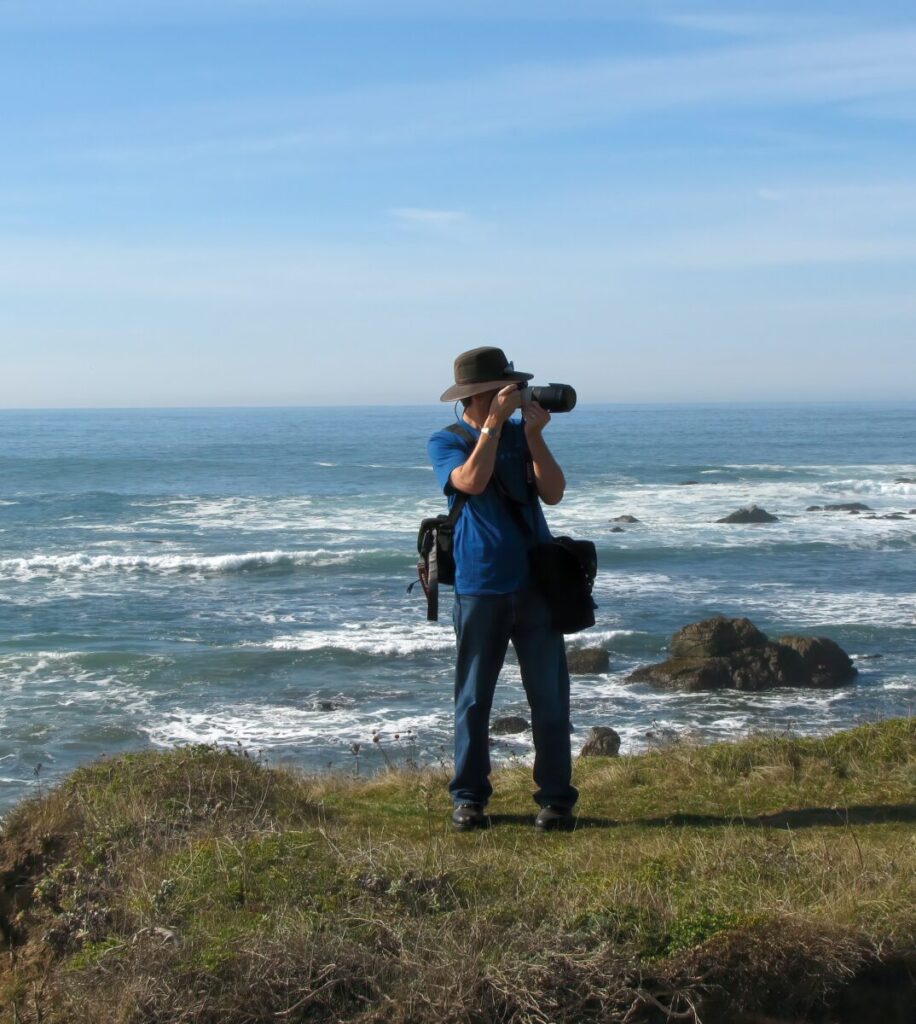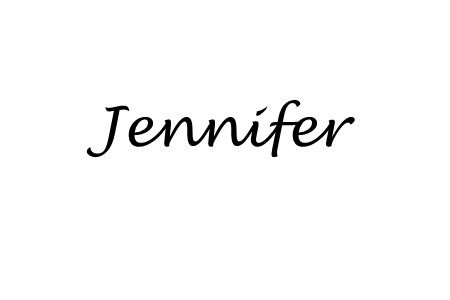Ah, retirement. You’ve worked thirty, forty years (or more) and now it’s time to relax. You’ve saved, invested wisely, ridden the market through ups and downs. You can’t wait to be done with the day-to-day grind, commuting, meetings that should have been emails and all the rest of the 9-to-5 lifestyle.
Retirement is wonderful! What will you do first? Travel, play golf, write your novel? No, first you will SLEEP IN! You will sleep in every day. You have no schedule! No agenda! You can do whatever you want.
If you’re like many people, retirement is wonderful for a few months, or maybe a year. You get up whenever you want, go out for meals with friends, play some golf or tennis and travel a bit. You have no real plan for how you’ll spend your time – after all, you no longer have an Outlook calendar or datebook determining your next move. However, many people begin to feel bored and unfocused. Some people feel they have lost their identity. If I am retired and therefore no longer a teacher, banker, nurse, plumber, etc., then…who am I?

Even if you planned to dedicate retirement to particular activities or goals, it can be difficult to find motivation. If you plan to write the Great American Novel in your retirement, where do you start? And why bother starting today when there’s always tomorrow?
Many people face unexpected challenges during retirement as well – or maybe retirement itself is the unexpected challenge! Here’s a few examples of people I’ve known during my career:
-Many, many people who opted to take a lucrative early retirement package from their company. They retire at 55 or 60 with no clear plan of what they’ll do next. Most of their spouses and contemporaries haven’t retired yet, so they spend their days lonely.
-A couple who retired together at 65. They enjoyed their newborn grandson for a couple of years, then the husband was diagnosed with cancer and was in and out of the hospital while the wife acted as his caregiver. When he died two years later, she faced retirement alone instead of as half of a couple.
-A man who opted for retirement when his company shut down. He married his long-time partner to ensure he’d have health coverage. He now babysits two grandchildren during the workweek and while he loves them dearly and enjoys helping his family, he feels trapped.
Finally, my dad. He retired at 55 with a state pension, on the earliest possible day he could. He came home, sat down on the couch to watch TV and hasn’t gotten up since. That was nearly twenty years ago. He now lives in an assisted living facility and spends all day in his very expensive room, watching Judge Judy and the local news four times a day. He participates in no activities and gets almost no exercise. When I visit or take him to a doctors’ appointment, he complains about the news he sees on TV or his medical ailments. He refuses to participate in family or social events. (He always was a bit of a curmudgeon, but retirement has made things much worse. Read more about my caregiving experience here.)
How would retirement coaching help these people? Retirement coaching, like all types of coaching relationships, works with people to help them evaluate themselves and grow. It’s easy to get stuck in a negative mindset or a difficult lifestyle; it’s harder to see a way out and harder still to make the necessary changes. Coaches ask powerful questions to help clients discover their own strengths and develop plans to make the most of them. Coaches help clients clarify their values and then determine whether they’re living according to those values – and if not, what’s holding them back? They help their clients problem-solve and create plans of action.
Most coaches work with people who are experiencing times of transition in their lives – marriage coaches, college coaches, career coaches. Retirement, arguably, is one of the largest transitions a person will ever experience. Coaching can help.
Can you have a happy and productive retirement without coaching? Of course. However, if you feel stuck or if you find that there’s a gap between how retirement is and how you want it to be, making the investment in coaching could be right for you.

How does the process work? First, you and I have a short phone call to make sure we’re compatible and can work together. If that goes well, we set a time to meet in-person or virtually for an initial session and you complete some paperwork prior to the appointment.
At your initial session, I ask a LOT of questions. You tell me about yourself – your career, your family and social relationships, your hobbies, your habits. We do some exercises to determine what’s important to you and where you feel like you’re struggling. Towards the end of the session, we work together to set one manageable goal for you for the near future and create an action plan for you to achieve it. I follow up with you to see how things are working out and if you need any help.
If you opt for a coaching package, we work over the course of several sessions to create a larger, more detailed plan for your retirement. We set long-term goals and break them down into baby steps to help you get there. Through questions, discussion and brainstorming, we dig deep, together, to take advantage of your strengths and abilities and find ways to make the scary parts less overwhelming.
Change is scary. Life transitions are scary. It helps to have motivation, accountability and someone in your corner. Coaching has been described as “part consultant, part motivational speaker, part therapist and part rent-a-friend.” I think all of those roles are helpful when you’re navigating change.
I’ve seen a lot of people experience retirement. I’ve seen the good, the bad and the ugly. If you’re planning retirement for the new year, or just need to change the way you’re living retirement, please contact me today. Let’s work together.
Thanks for being with me on this wellness journey,


Leave a Reply